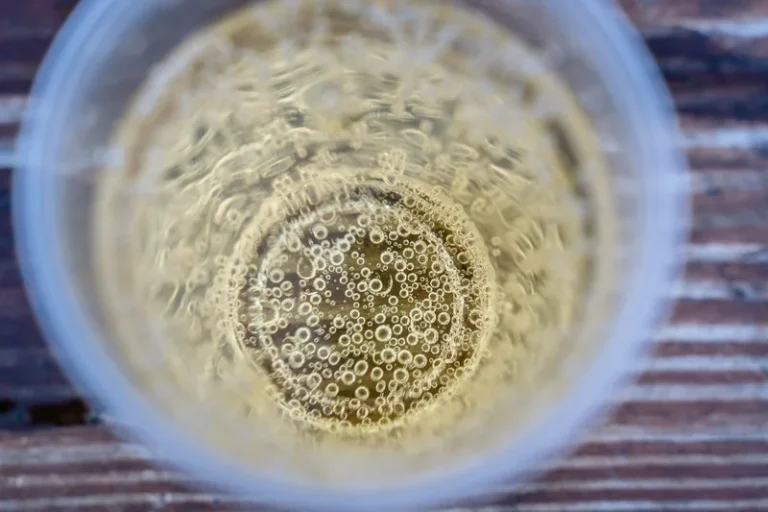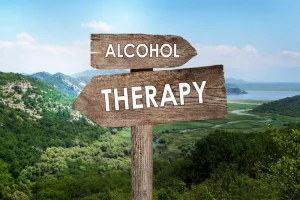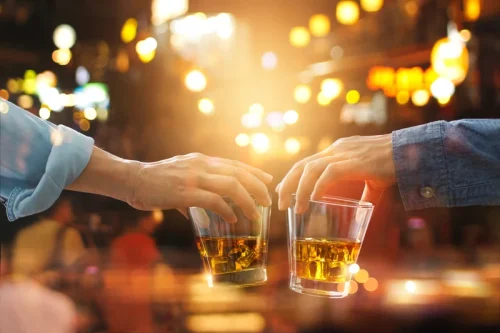
Peer pressure also known as pressure to conform and need for validation can lead to symptoms such as wanting to fit in and doing whatever is needed to get that. The onset of peer pressure is typically Adolescence and early adulthood. There are ways to treat it such as therapy, counseling, and proper education. People with post traumatic stress disorder usually caused by severe trauma and abuse could increase the likelihood of negative peer influences as well.
Using Network Dynamical Influence to Drive Consensus
In other words, teens with friends who smoke are more likely to also smoke. Research has long shown peer pressure can increase the risk someone will try drugs, alcohol, or cigarettes. Some people are more affected by peer pressure than others, just as some people are more likely to experience addiction than others. While some people may experiment with alcohol or drugs once or twice and decide it’s not for them, others who begin using a substance may find it difficult to quit.
Peer Pressure: Why We Feel It, How to Overcome it, and Can It Be Positive?
- If it’s because all of your friends are doing it and you’re afraid they won’t talk to you if you don’t join them, then you may want to reconsider.
- Peer influence is a tool for maintaining and increasing resemblances between friends and among affiliates.
- For instance, friendship choices that appear to be driven by demographics may be a product of musical taste, which correlates with fixed characteristics such as gender, age, and ethnicity (Stark & Flache, 2012).
- Also voluntary, they may contain associations that require an individual to affiliate with a third party in order to maintain a shared friendship.
- Peer pressure in younger children tends to be limited to copying bad behaviors such as acting out or taking things that don’t belong to them.
Most central actors in such networks are frequently located in a single community. When they emerge as leaders, they drive consensus only in their community but not in the global network. In contrast, when leaders emerge randomly, they more likely emerge simultaneously in different communities, a situation that favors global agreement in the network. These results suggest the necessity of considering community leaders in social networks as effective mobilizers of actors throughout the network.
- Peer pressure is the process by which members of the same social group influence other members to do things that they may be resistant to, or might not otherwise choose to do.
- In addition, prolonged exposure to this type of stress and tension may be a factor in mental health concerns such as anxiety and depression.
- For instance, if a peer group wants to make good grades, a young teen can be positively influenced to study.
- Early research tended to aggregate different forms of problem behavior.
Indirect Negative Peer Pressure
Cooperation is a source of consonance and efficiency (Bukowski et al., 2009). Cooperation enables friends and peer group members to coordinate and attain goals by synchronizing behavior. Cohesion fosters cooperation and is best attained when individuals subordinate their identities to the friendship or the group. Subordination of self to attain relationship goals is an important way that partners demonstrate compatibility, because reciprocity assumptions are built on partner need satisfaction. Across late childhood and early adolescence, there is a growing realization that the success of relationships and groups sometimes requires individual sacrifice (Laursen et al., 2001). Sacrifice that comes in the guise of cooperation and compromise enhances compatibility.
Consensus dynamics model
Here, we’ll talk about the different types of peer pressure and how young individuals can resist the temptation to give in. In a 50 ml three-neck flask, 1 mmol of Zn(OAc)2 and 0.64 ml of OA were mixed in 9.5 ml of ODE and degassed at 120 °C for 1 h. The temperature was then raised to 300 °C under an Ar flow, followed by the rapid injection of 1 ml of 0.5 M S-ODE. When the temperature dropped to 260 °C, it was maintained for 1 h to synthesize the ZnS core. The reaction vessel subsequently cooled to room temperature, and 2 ml of 0.5 M (TMS)3P/ODE was added. Then, under Ar flow, the temperature was increased to 250 °C, and 1 ml of 0.5 M Ga(OA)3/ODE was slowly injected over a period of 30 min.

Can Peer Pressure Have Long-Term Effects on Mental Health?
For some, dissimilarity sparks conflict with group members demanding conformity. For others, dissimilarity prompts marginalization, as group members shy away from those whose position is tenuous. Adolescents are mindful of the need to maintain good peer relationships. The rapid reorganization of the https://ecosoberhouse.com/ social world that begins in early adolescence has several noteworthy consequences. Educational structures “have taken not only job‐training out of the parents’ hands, but have quite effectively taken away the whole adolescent. The adolescent is dumped into a society of peers” (Coleman, 1961, p. 4).
Positive And Negative Peer Pressure
In 2D structures such as quantum wells and quantum shells, the propagation of light is crucial, as it can travel either perpendicular or parallel to the plane. In cases where recombination is driven how to deal with peer pressure by lh, light travels parallel to the plane, while recombination driven by hh occurs in a perpendicular direction41. As a result, the contribution of recombination by hh is dominant to the PL.

Under constant pressure, teenagers may struggle to think clearly, make rational decisions, or focus on important tasks. This cognitive impairment can affect their academic performance, personal relationships, and overall well-being. Low self-esteem and self-doubt often accompany peer pressure-related stress.


Positive peer pressure, on the other hand, can help prevent substance abuse and addiction. Research suggests simply having friends who choose not to smoke, use drugs, or drink alcohol can make it less likely young people will use substances. Peer pressure occurs when a peer group exerts direct or indirect pressure to do certain actions. The term “peer” often refers to people one knows in real life and who have a similar social status to oneself. For example, television shows can convey to the public an acceptable way to behave, even though the people on TV do not know every individual they are influencing. Spoken peer pressure is when a teenager asks, suggests, persuades or otherwise directs another to engage in a specific behavior.